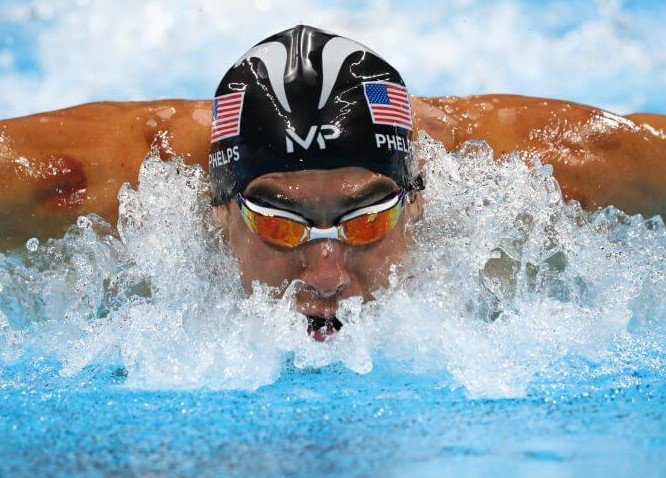Alaa Maso, a Syrian refugee and Olympic swimmer, fled his war-torn homeland in 2015 and found a new life in Germany. Now, after competing in the 2024 Paris Olympics, he is pushing for better immigrant integration while applying for German citizenship to make his adopted country his permanent home.
Journey from Syria to Safety
Alaa Maso left Syria amid the civil war that disrupted his swimming dreams. At just 17 years old, he and his brother Mo traveled through Turkey to Europe, aiming for the Netherlands but ending up in Germany due to asylum rules.
The war in Aleppo halted his training for months at a time. Safety concerns often took priority over sports. This forced break came during key years for building athletic skills.
Once in Germany, Maso settled in Hanover. He rebuilt his career step by step. Local support helped him resume swimming and chase his Olympic goals.
The brothers’ story highlights the challenges many refugees face. They arrived during a major migration wave, with Germany welcoming over a million asylum seekers in 2015 alone.
Olympic Dreams Realized
Maso drew inspiration from Michael Phelps after watching the 2008 Beijing Games. That moment sparked his desire to compete on the world stage.

In 2021, he joined the Refugee Olympic Team for the Tokyo Games. He swam in the 50-meter freestyle event.
His brother Mo competed for Syria in triathlon at the same Olympics. Their emotional embrace at the opening ceremony captured global attention.
Maso returned for the 2024 Paris Olympics, again in the 50-meter freestyle. He finished sixth in his heat with a time of 23.90 seconds but did not advance.
These appearances represent more than personal achievement. They spotlight the talents of displaced people worldwide.
Here is a quick look at Maso’s key Olympic moments:
| Year | Event | Achievement |
|---|---|---|
| 2021 | Tokyo Olympics | Competed in 50m freestyle for Refugee Team |
| 2024 | Paris Olympics | Finished 6th in heat, time 23.90 seconds |
Challenges of Integration in Germany
Life in Germany brought new hurdles for Maso. Language barriers and cultural differences made settling in tough at first.
He stresses the need for better support systems for immigrants. Programs that help with job skills and social connections could make a big difference.
Maso points out that many refugees arrive with talents but lack opportunities to use them. He calls for policies that speed up integration and reduce isolation.
In Hanover, he has found a sense of belonging. Local people and his swimming community have made him feel at home.
Yet, he notes gaps in the system. Faster access to education and work permits would help newcomers contribute sooner.
Recent data shows Germany has integrated millions of refugees since 2015. But unemployment rates among them remain higher than average, around 20 percent in 2024.
Maso believes targeted training can bridge this gap. His own success in sports proves what is possible with the right support.
Push for Citizenship and Future Goals
Now 25, Maso is applying for German citizenship. This step reflects his deep ties to the country after nearly a decade.
The process involves meeting residency requirements and passing integration tests. Recent changes in German law have made it easier for long-term residents.
If approved, citizenship would allow him to vote and travel freely. It also symbolizes full acceptance in his new homeland.
Maso plans to continue swimming while studying. He aims to inspire other refugees through his story.
He defines home not by birthplace but by where you feel supported. Germany has become that place for him.
Looking ahead, Maso wants to compete in future events. He also advocates for refugee athletes globally.
Key factors in his citizenship journey include:
- Residency since 2015
- Contributions through sports and community work
- Passing language and civics exams
Broader Impact on Refugee Stories
Maso’s experience mirrors those of many Syrian refugees in Europe. Over 100 million people worldwide are displaced, according to 2025 United Nations figures.
His Olympic participation highlights sports as a tool for unity. The Refugee Team grew to 36 athletes in Paris 2024.
In Germany, integration debates continue amid rising migration. Recent elections in 2025 have focused on balancing aid with resources.
Maso urges empathy and action. Better policies could help immigrants thrive and enrich society.
His story shows resilience pays off. From war survivor to Olympian, he embodies hope for others.
Share your thoughts on refugee integration in the comments below. If this story moved you, pass it along to friends and spark a conversation about supporting newcomers in our communities.







